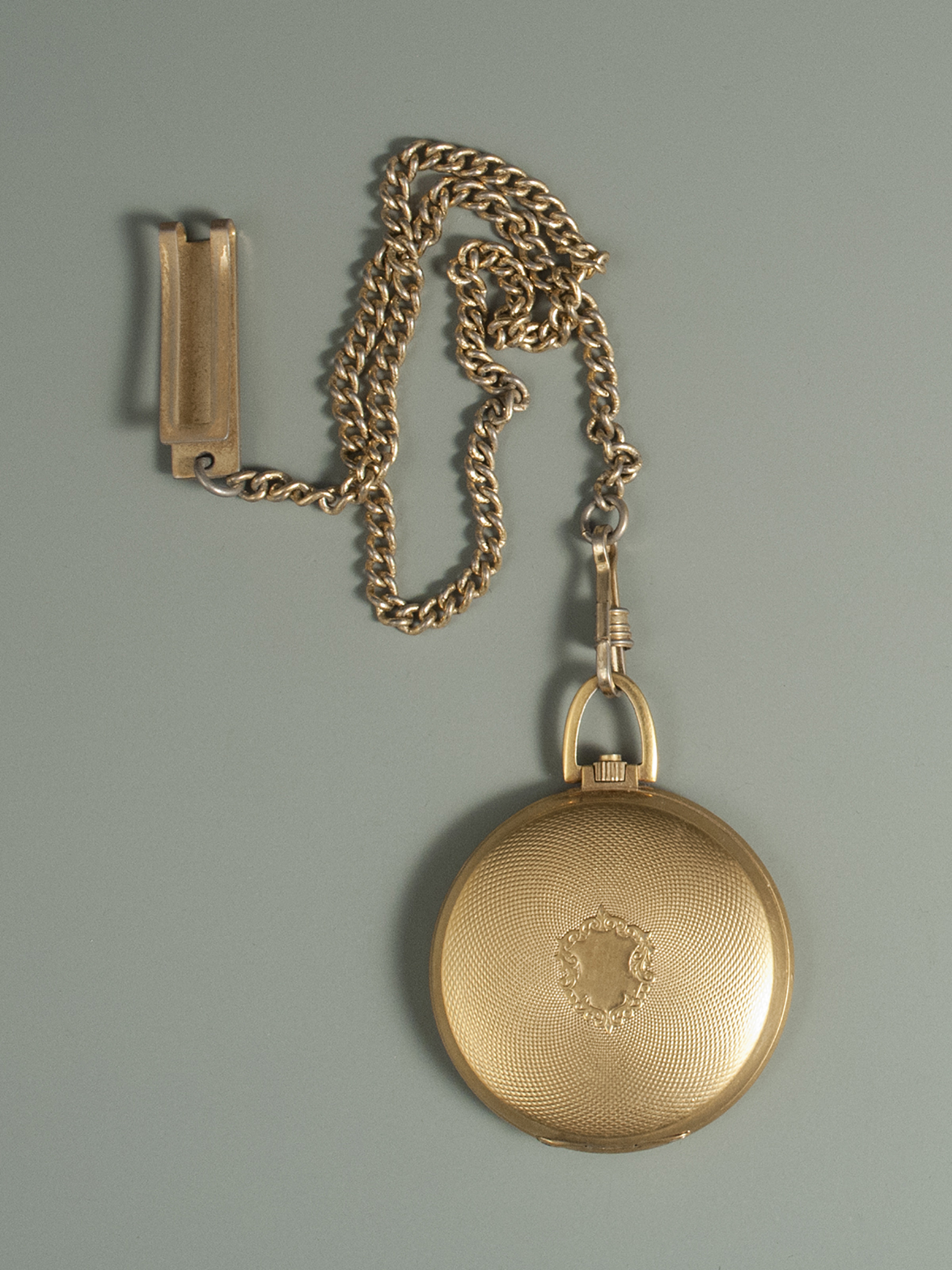Pocket Watch
Philadelphia, 1990

This was my brother Jordan’s pocket watch. I found it among the scant possessions left in his Philadelphia apartment, a few days after he took his life. Books; toiletries; a pocket knife; this watch.
This is not an heirloom. It’s a Pulsar, battery-run, worth $150 or so (if it were working; a few years ago the watch stopped, and a new battery didn’t fix it). It’s unlikely Jordan bought this for himself. He very rarely bought anything for himself. My guess is that it was a gift from a friend. My brother had many affectations, but it’s hard to imagine him succumbing to a pocket watch.
I did, though. I carried this watch for many years. It fit neatly into the small pocket in my jeans—a pocket designed, in the 19th century, for just such a purpose.
Jordan killed himself on the morning of March 9th, 1990. A woman who lived a few apartments down the hall told me that, as she was leaving for work, she saw him standing despondently in his doorway. She hugged me, and sobbed. “If only I’d spoken to him,” she said. “If only I’d given him a hug.”
Every member of my family has suffered from depression, to varying degrees. Father, mother, sister, brother. Today especially, I feel the weight of those demons alighting on my own chest, making my breath shallow. And while I have enough to be genuinely depressed about, this latest series of spells feels like something else. It comes on like a quick-acting drug, always in the early morning, filling my body with a tsunami of despair so powerful that it washes me far inland. Another wave might carry me back; it may not. You can never be sure.
I don’t know what time it was when Jordan last looked at this watch. But I do know the last words he wrote in his journal, on March 8th, 1990: I cannot bear to wake another day to sorrow.
I hear you, my brother. I understand why you let go of everything, and left us all for a place beyond time.
